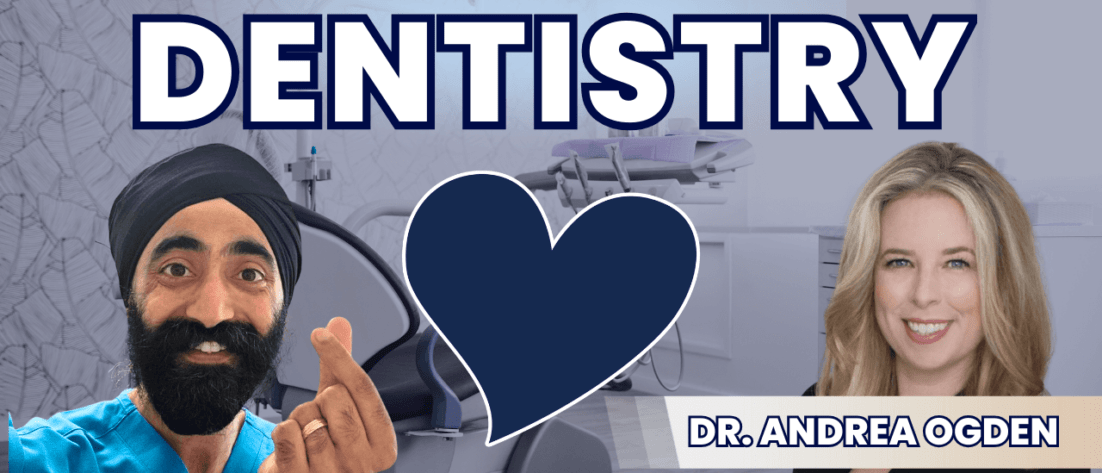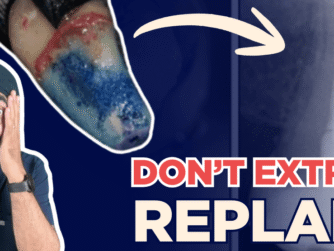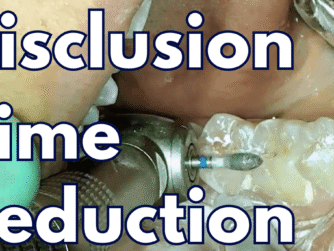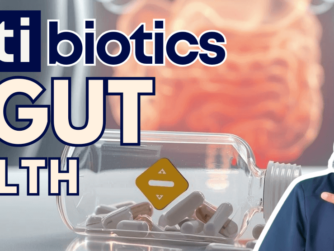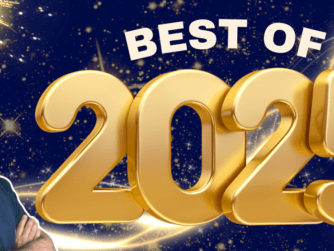Podcast: Play in new window | Download (Duration: 55:11 — 76.7MB)
Are you living your career by design—or just letting it happen to you?
Do you know what your ideal day as a dentist looks like?
What about your ideal week?
In this episode, Jaz is joined by Dr. Andrea Ogden to explore how you can design a career—and a life—in dentistry that feels purposeful and fulfilling.
They dive into why many of us get stuck on autopilot, chasing goals we’ve never truly chosen, and how to break free by aligning work with your values.
Andrea also shares practical techniques to help you fall back in love with dentistry, so you can build a career that energises you—inside and outside the surgery.
Need to Read it? Check out the Full Episode Transcript below!
Highlights of this episode:
- 00:00 Teaser
- 00:21 Introduction
- 04:49 Guest Introduction – Dr. Andrea Ogden
- 06:05 Andrea’s Journey in Dentistry
- 08:51 Pivotal Moments in Dentistry
- 14:51 Trial and Error in Career Development
- 15:51 Current Role
- 16:59 Identifying Strengths vs. Enjoyment in Dentistry
- 18:18 Challenges for Young Dentists
- 21:51 The Importance of Career Awareness
- 24:05 Impact of Social Media
- 26:57 Understanding the Decline in Dentist Morale
- 31:51 External Factors Contributing to Stress
- 35:09 Internal Factors and Cognitive Dissonance
- 41:17 Practical Steps to Reignite Passion for Dentistry
- 47:32 Resilience Through Adaptation
- 48:59 Community and Support Networks
- 51:46 Enjoying the Journey
- 56:30 Outro
Key Takeaways:
Dentistry is more than fillings and crown preps—it’s a career you can shape to truly excite you.
- Choose Variety & Joy – Build a mix of roles that energise you, not just ones you’re good at.
- Ditch the Comparison Game – Your journey is unique; stop measuring it against 15-year veterans on Instagram.
- Guard Your Values – Burnout often comes from a mismatch between what you believe in and where you work. Align the two.
- Create Space to Reflect – Slow down, think, and use SMART goals to plan your next step.
- Find Your Tribe – Mentors, colleagues, and community will keep you inspired and resilient.
- Celebrate the Wins – Small or big, they’re proof you’re moving forward.
Loved this conversation? You’ll also enjoy Passion and Values in Dentistry – PDP014
#CareerDevelopment #InterferenceCast #BreadandButterDentistry
This episode is eligible for 1 CE credit via the quiz on Protrusive Guidance.
This episode meets GDC Outcomes
B: Effective management of self and working with others in the dental team.
C: Maintenance and development of knowledge and skills within your field of practice.
D: Maintenance of skills, behaviours and attitudes which maintain patient confidence in you and the dental profession, and put patients’ interests first.
AGD Subject Code: 770 – Practice Management and Human Relations
Aim: To provide dentists with strategies, insights, and practical steps to rekindle passion for dentistry, align their work with personal values, and develop sustainable career satisfaction.
Dentists will be able to –
1. Identify personal values and career drivers that contribute to long-term job satisfaction.
2. Recognise common stressors affecting dental morale and their underlying causes.
3. Apply structured decision-making frameworks (e.g., SMART goals) to career planning.

